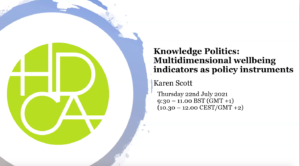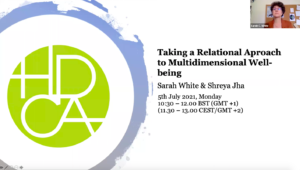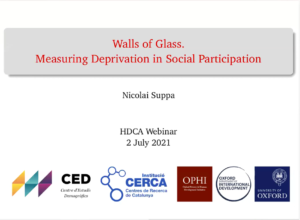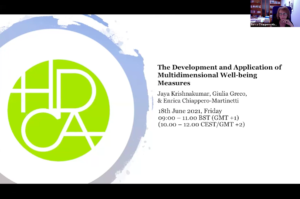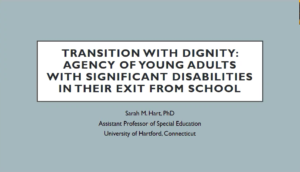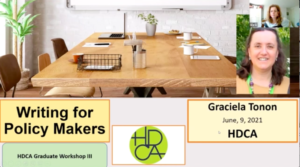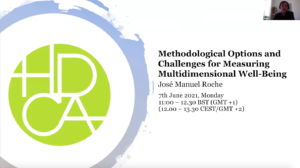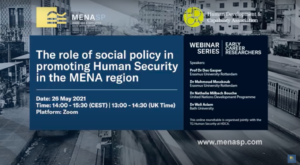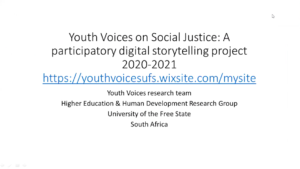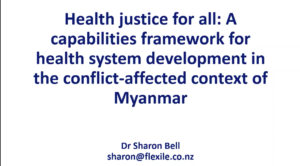Presenter: Dr. Karen Scott, Senior Lecturer in Politics, Exeter University
The conceptualisation and measurement of wellbeing has become a significant policy concern over the last two decades. Many local, national, supranational and international governance bodies have engaged intensively in research to develop wellbeing indicators. Slower, however, has been the transition to using these wellbeing indicators for policy development and implementation, with there being significant critique of how governance bodies have approached this agenda. In this webinar, Dr. Scott will cover the main critiques and challenges in using wellbeing indicators as policy instruments based on her interest in knowledge politics and epistemic justice. By drawing on her own research and experience of local and central government in the UK and New Zealand, she will argue for more democratic and context-based research, as well as systematic reviews of qualitative evidence on wellbeing, to inform policy.
HDCA Webinar 2021 HDCA Videos
